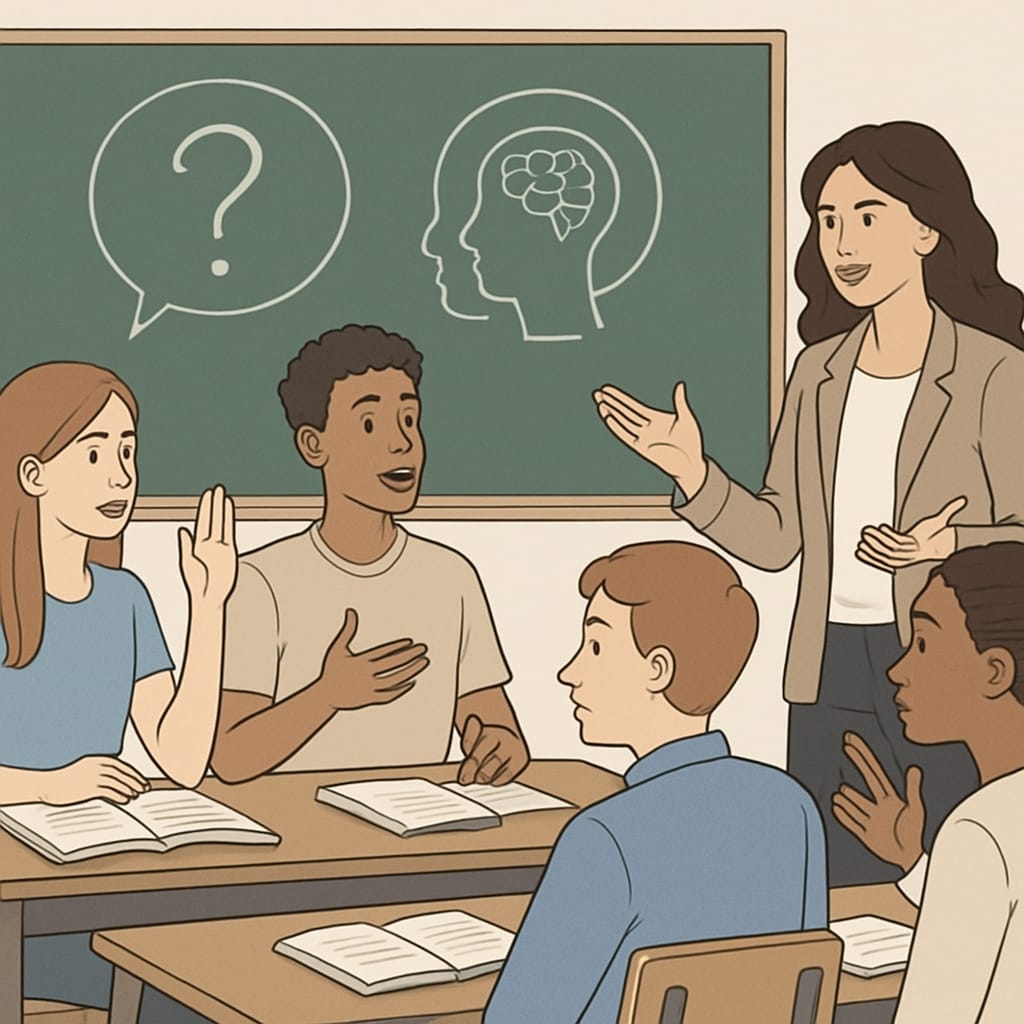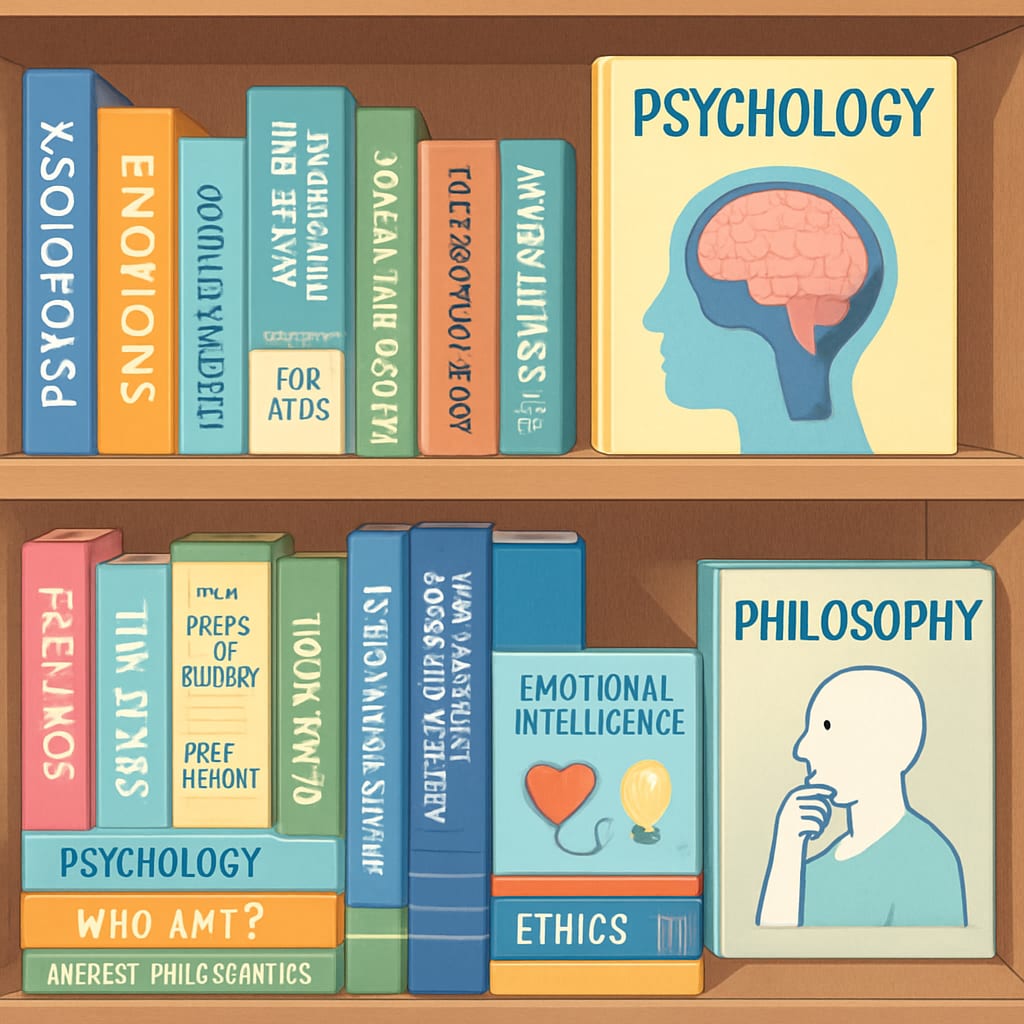Integrating psychology, philosophy, and recreational learning into K12 education can significantly enhance students’ understanding of themselves and the world around them. By introducing these disciplines in an approachable way, educators and parents can foster critical thinking and emotional intelligence in young learners. This article provides practical advice and a curated list of resources to make psychology and philosophy accessible to students while enriching their overall educational experience.
Why Psychology and Philosophy Matter in K12 Education
Psychology and philosophy are fundamental for fostering self-awareness and developing a deeper understanding of the human experience. Psychology helps students explore emotions, behaviors, and relationships, while philosophy encourages them to question, reason, and reflect on life’s bigger questions. Together, these fields nurture emotional intelligence and critical thinking—skills essential for academic success and personal growth.
For example, introducing concepts like cognitive biases or ethical dilemmas in classrooms can teach students about decision-making and empathy. These lessons not only prepare them for academic challenges but also equip them to navigate social and emotional complexities in their lives.

Practical Ways to Introduce Psychology and Philosophy
Incorporating psychology and philosophy into K12 education doesn’t require redesigning curricula—it can be seamlessly integrated into existing subjects or extracurricular activities. Here are some practical ways to get started:
- Reading Materials: Age-appropriate books like “Sophie’s World” by Jostein Gaarder (philosophy) or “The Growth Mindset Coach” by Annie Brock and Heather Hundley (psychology) can spark curiosity and discussion.
- Discussion Groups: Host regular group discussions on topics like personal values, ethical dilemmas, or understanding emotions. These conversations can be guided by thought-provoking questions or short videos.
- Interactive Tools: Use apps and online platforms such as Khan Academy or Coursera to introduce basic psychological theories or philosophical ideas.
- Creative Projects: Encourage students to write essays, create art, or develop multimedia presentations on philosophical concepts or psychological phenomena.
These activities make abstract concepts tangible and relatable, ensuring that students not only understand the material but also apply it in their daily lives.
Recommended Resources for Recreational Learning
Parents and educators can access numerous resources to help students explore psychology and philosophy outside the classroom. Here are a few recommendations:
- Websites and Online Courses: Platforms like EdX and Stanford Encyclopedia of Philosophy offer free or affordable courses and articles tailored to beginners.
- Podcasts: “The Psychology Podcast” and “Philosophize This!” are excellent options for introducing students to engaging discussions on psychological and philosophical topics.
- Documentaries: Films such as “The Examined Life” (philosophy) or “The Mind Explained” (psychology) provide visually compelling introductions to these fields.
- Games: Philosophical board games like “The UnGame” or apps focused on emotional intelligence can make learning interactive and fun.

By leveraging these tools, students can explore new perspectives at their own pace, making the learning process both enjoyable and impactful.
Conclusion: Building a Foundation for Lifelong Learning
Integrating psychology, philosophy, and recreational learning into K12 education is an investment in students’ intellectual and emotional development. These disciplines provide valuable tools for understanding oneself and the world, cultivating critical thinking, and fostering empathy. With the right resources and guidance, educators and parents can inspire young learners to embark on a journey of lifelong exploration and growth.
Whether through books, discussions, or interactive activities, tapping into the power of psychology and philosophy enriches not only students’ academic lives but also their personal and social experiences. And as a result, they will be better prepared to navigate the complexities of a rapidly changing world.


